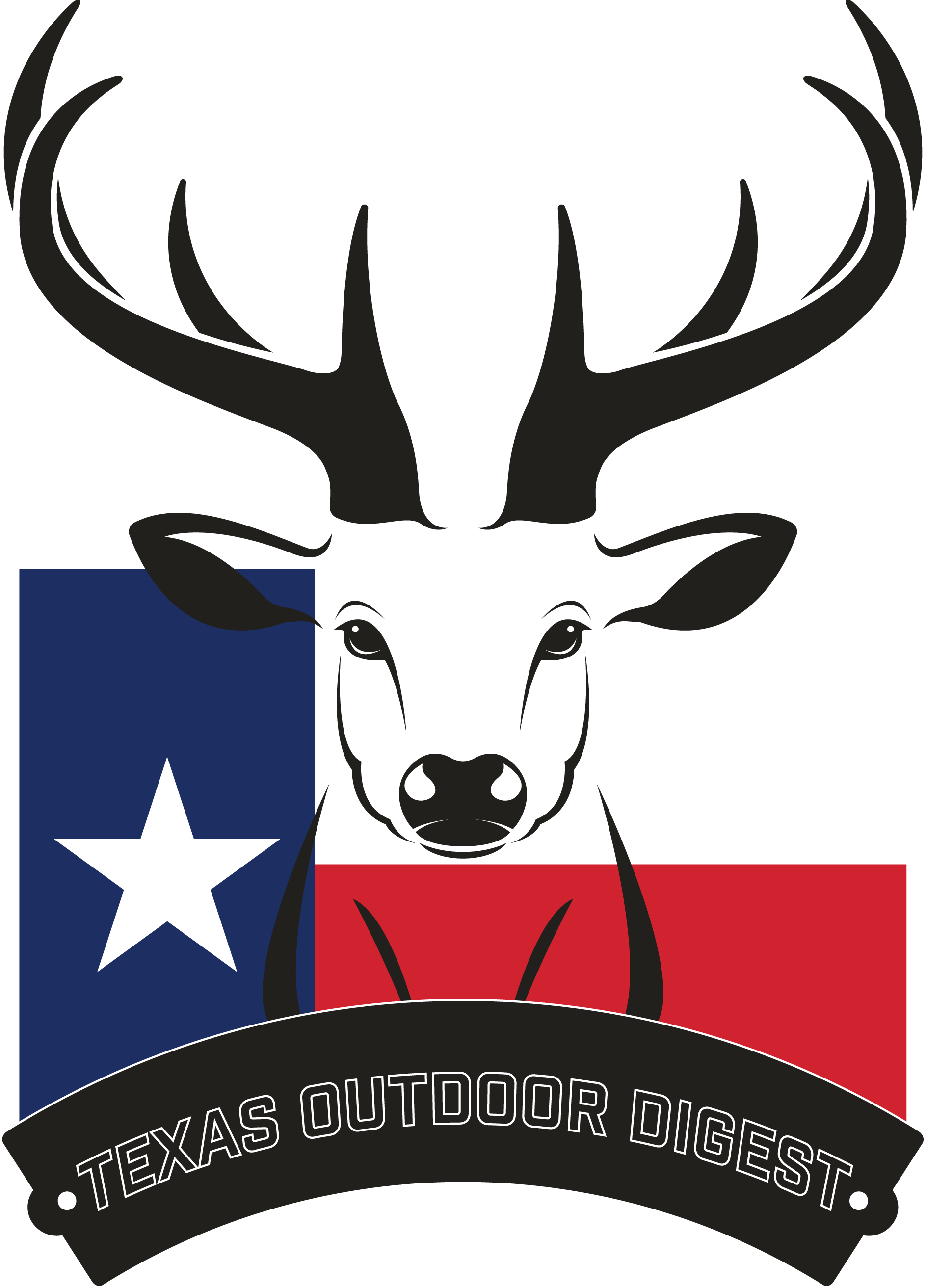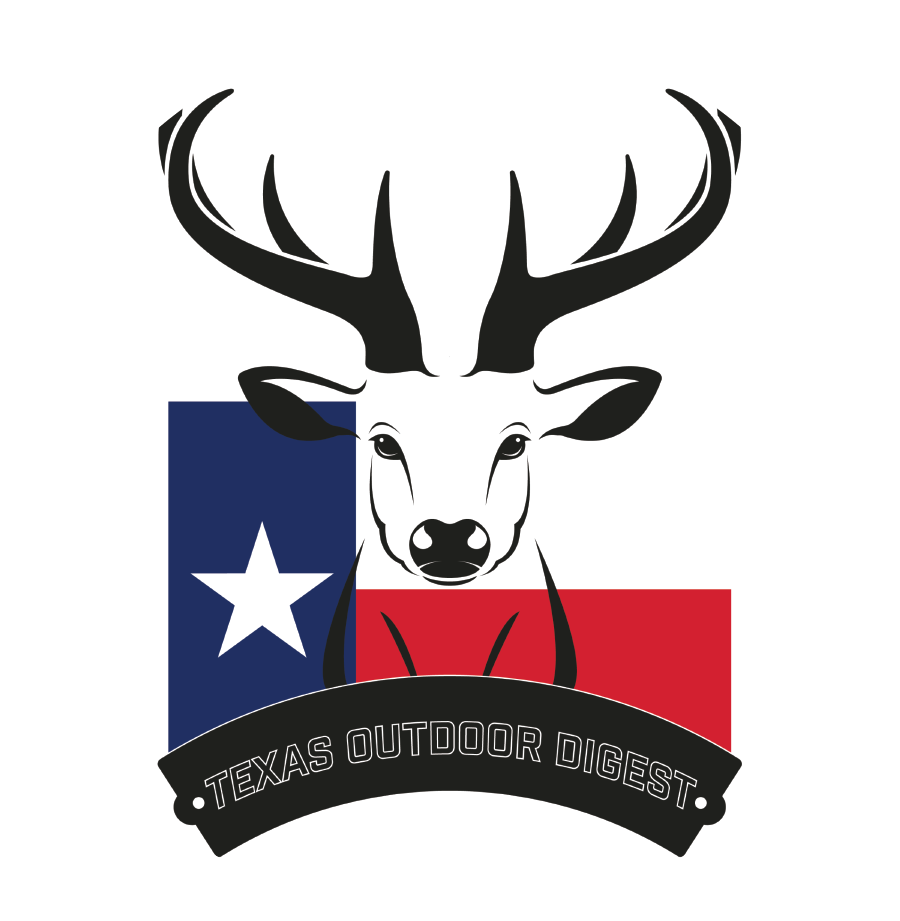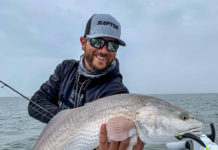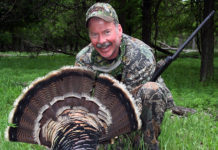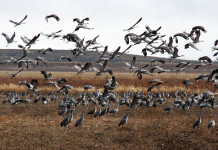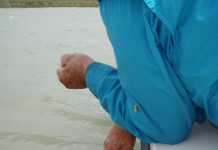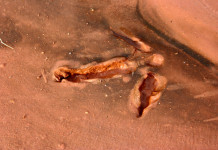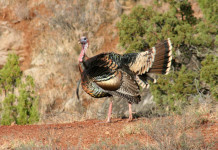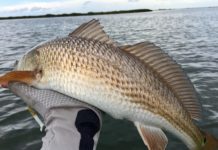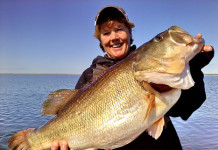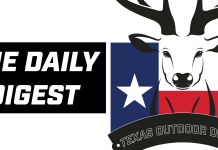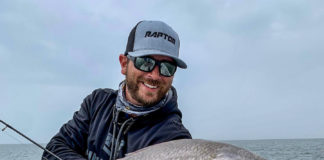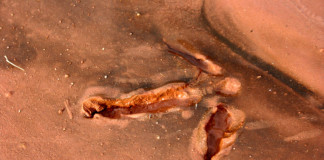The Daily Texas Outdoor Digest is sent to your inbox to keep you up to date about hunting, fishing, conservation and outdoors pursuits making headlines and going viral in the Lone Star State and beyond. It’s free, so subscribe today!
Here’s what’s worth reading today, Monday, January 27, 2020:
TPW Commission approves rule changes to assist with growth of Managed Lands Deer Program: The Texas Parks and Wildlife Commission has approved changes to the Managed Lands Deer Program, which provides landowners and land managers with additional flexibility to manage deer populations, improve habitats and provide greater hunting opportunities under the guidance of department biologists. The approved changes include clarifying existing program provisions and establishing fees for participation in the growing program. “In the last 20 years the MLDP has grown from 800 tracts of land on 3 million acres to more than 12,000 tracts of land on 28 million acres, but in that time we have not had a source of funding to hire any new staff to help address the challenges we face with that growth,” said Alan Cain, TPWD white-tailed deer program leader. “The revenue generated by the new fees will be used to hire new field biologists to meaningfully engage with MLDP participants, meet technical guidance requests, and administer the MLDP.”
Montana man admits to illegally transporting grizzly bear claws: A Marion man has been sentenced to three years probation and will be forced to pay $5,000 in restitution after admitting that he had taken the claws of a grizzly bear he shot in self-defense. Bryan Berg, 35, pleaded guilty to misdemeanor illegal transport of grizzly bear claws in U.S. District Court in Missoula on Jan. 16. According to federal prosecutors, Berg shot and killed a grizzly bear in self-defense in the Bob Marshall Wilderness in September 2017. After killing the bear, Berg cut off the animal’s claws as a “memento” and pushed it over the side of a mountain. Berg never reported the incident to law enforcement and later took the bear claws to Washington. Later that month, law enforcement received a tip that Berg had shot and killed a grizzly bear. U.S. Fish and Wildlife Service agents flew to the Hart Basin area where they had heard Berg had killed the animal and found the body of a grizzly bear with no claws. A necropsy determined that the bear had died from a gunshot wound.
Idaho man fined $20K, banned from hunting in Alaska after illegally guiding hunts: An Idaho man who illegally guided bear and moose hunts in Alaska was fined $20,000 and ordered never to hunt in the state again. U.S. District Court Judge Sharon Gleason on Wednesday also ordered Paul Silvis, 52, of Nampa, to serve six months of home confinement, to be followed by five years of supervised release, federal prosecutors announced. Silvis in October pleaded guilty to two felony violations of the Lacey Act, the law that bans illegal wildlife trafficking. Silvis from 2009 to 2016 repeatedly violated state and federal law by providing guided hunts in the Noatak National Preserve in northwest Alaska, prosecutors said. The preserve covers 10,265 square miles and protects the nation’s largest unaltered river basin and watershed.
Florida fisherman who sawed nose off endangered fish is sentenced to fines, community service: A man in Florida has been sentenced to two years’ probation, a $2,000 fine and 80 hours of community service after pleading guilty to sawing off the snout-like protrusion — also known as the rostrum — of a live endangered sawfish, before throwing it back in the sea. Chad Ponce, a 38-year-old commercial fisherman, was first reported to the Florida Fish and Wildlife Conservation Commission in July 2018 by another fisherman who witnessed the incident, the National Oceanic and Atmospheric Administration said. According to the NOAA, Ponce had caught a roughly 14-foot smalltooth sawfish in his shrimp-trawling net on July 18, off the coast of Ponte Vedra. After bringing it on board, he attempted to saw off its rostrum with a hacksaw, before abandoning the idea and grabbing a power saw. He then dumped the mutilated sawfish back into the ocean.
Wolf pack spotted in Colorado after 80-year absence as state prepares to vote on reintroduction of species: Colorado’s governor has embraced the return of wolves to the area after more than eight decades. The announcement came after wildlife officers found evidence of at least six wolves in the northwest of the state last week, The Denver Post reported. The discovery comes as the state prepares to vote on whether to reintroduce endangered gray wolves to some public lands in Colorado by the end of 2023. Current polling suggests that the measure will pass, although there is significant opposition to it from ranching and hunting groups.
China issues temporary ban on wildlife trade amid virus outbreak: Chinese authorities have imposed a temporary ban on the trade of wild animals amid suspicions that a deadly viral outbreak originated in an animal market in the city of Wuhan. Three government agencies said local authorities will “strengthen inspections and severely investigate and punish those who are found in violation of the provisions of this announcement,” The Associated Press reported. The regulation, which bars the transportation or sale of wildlife online or in public markets, will continue until the “epidemic situation is lifted nationwide,” officials said. The State Administration of Market Regulation, Ministry of Agricultural and Rural Affairs and the National Forestry and Grassland Administration have advised the public against eating wild animal meat and opened a hotline for civilians to report violations, the AP said.
‘Influencers’ are ruining public lands — all for Instagram photo ops: The most obvious example of influencers misbehaving can be seen on the impact of our public lands. This past spring, the influx of social media influencers to California’s Walker Canyon during the “super bloom” caused city officials to close the area off to the public, citing both safety and ecological concerns, because influencers were repeatedly going off trails and trampling the flowers, causing severe damage to the soil and possibly preventing the flowers from returning this coming spring. Influencers have consistently promoted other actions that are not only detrimental to our public lands but also illegal. This includes allowing dogs on trails where they are prohibited or off-leash in areas where they are required to be, using drone photography, littering, or ignoring keep out and no trespassing signs, all with the hopes of seeing those little hearts being tapped by people they don’t know in the hopes of getting a quick dopamine hit (and maybe a little bit of cash, too).
Stay in the Know With The Daily Texas Outdoor Digest
If you haven’t subscribed yet, there’s no better time than right now (We hate spam and we won’t share your information with anyone. That’s just not cool):
